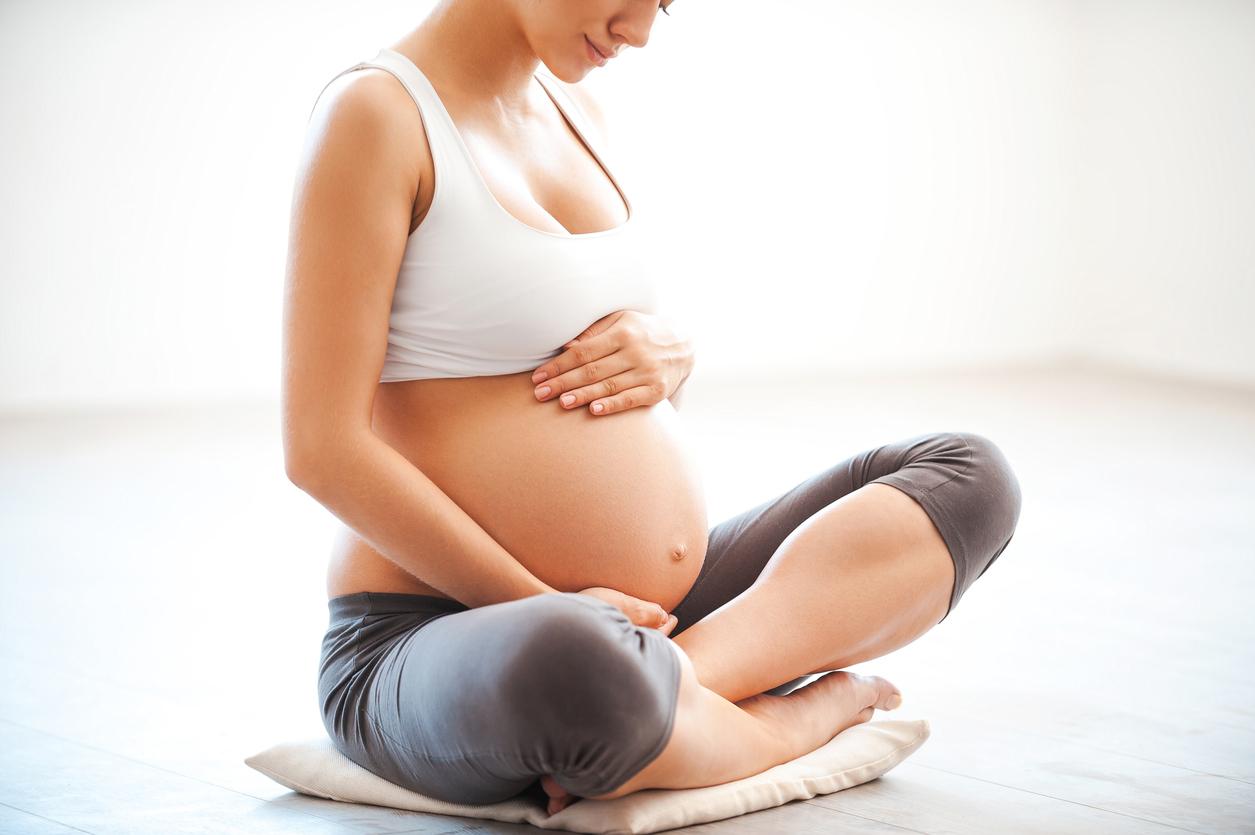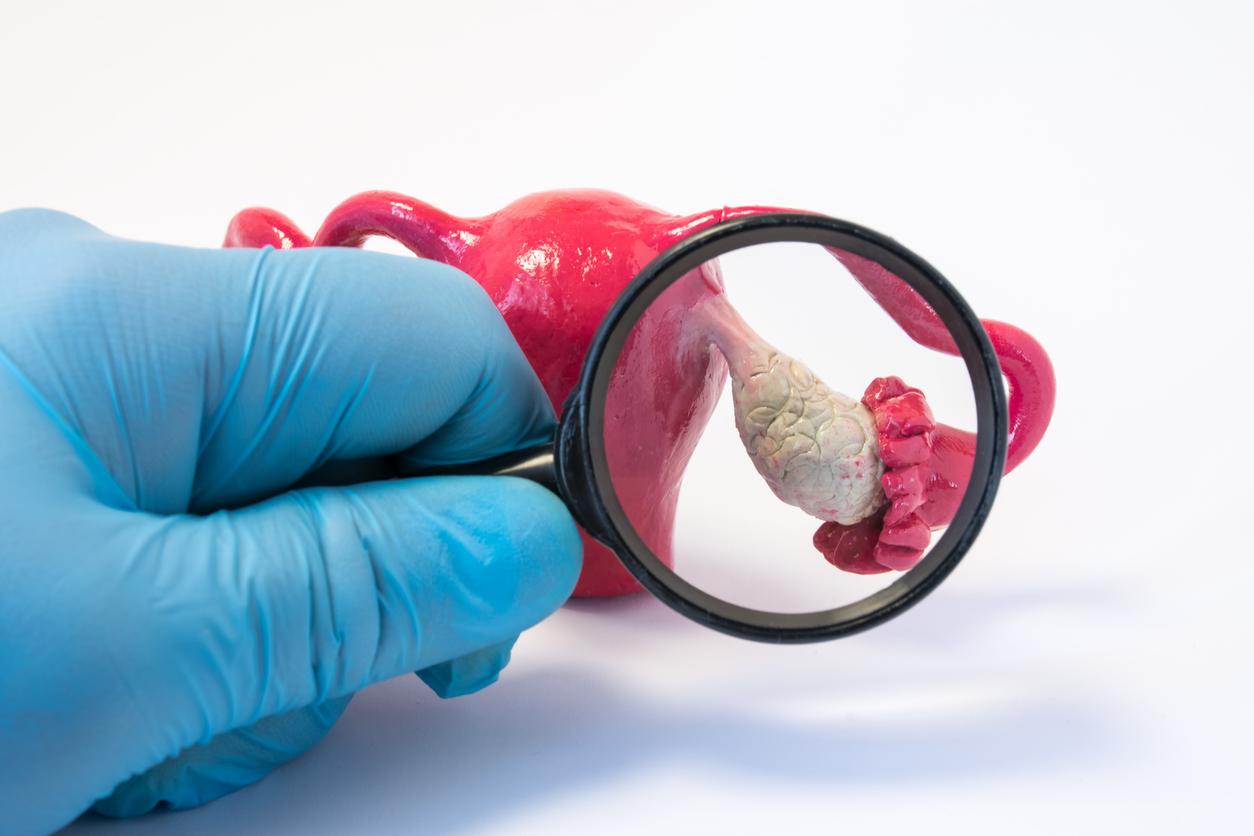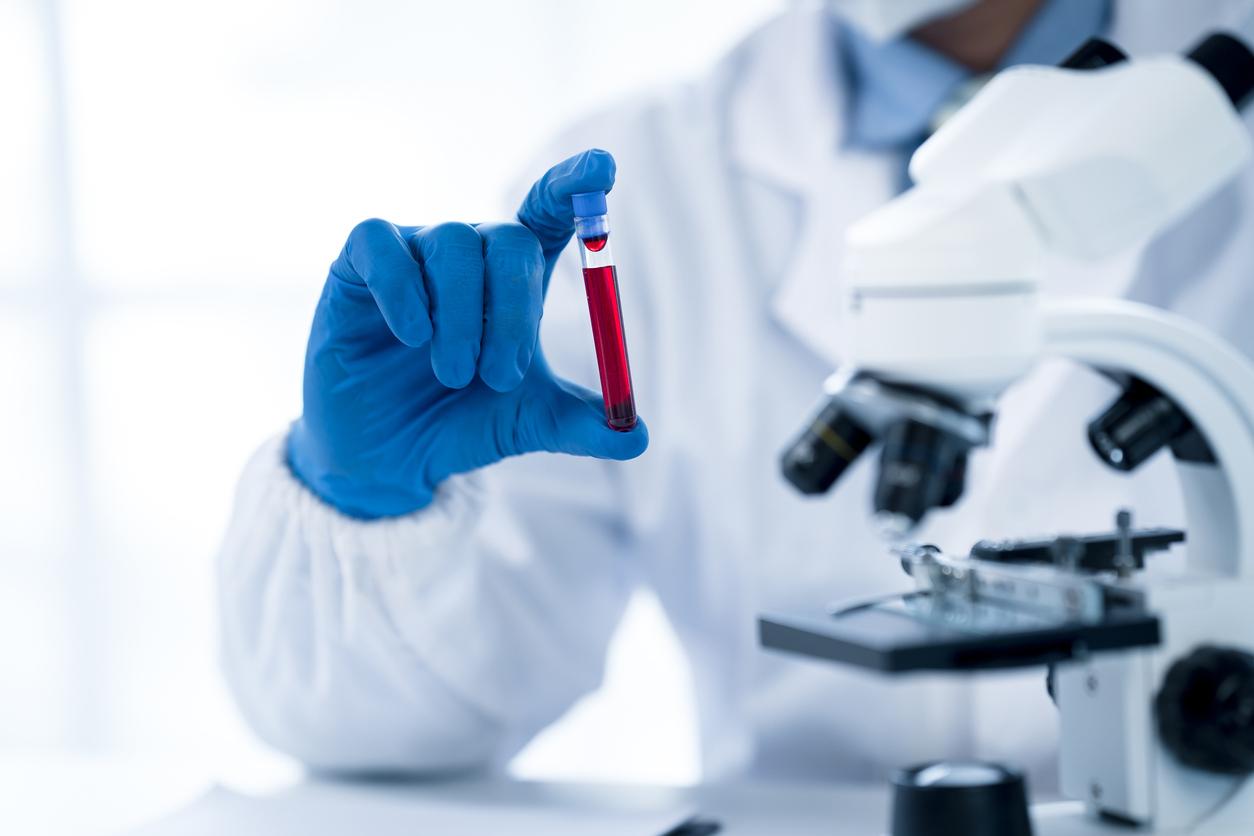Researchers have found no increase in birth defects after SARS-CoV-2 infection or COVID-19 vaccination.

- Covid-19 is still actively circulating in France.
- In order to protect babies born with this epidemic, researchers have evaluated the impact of covid-19 on the risk of congenital malformations.
- Their results are reassuring.
No increased risk of birth defects after covid-19 infection or vaccination against the virus in early pregnancy. This is the conclusion from a new study published in the BMJ.
The risk of congenital malformations after SARS-CoV-2 infection or vaccination against COVID-19 is not well known today, due to a lack of sufficient knowledge of the disease.
To address this lack of data, researchers designed a cohort of 343,066 singleton children born and alive in Sweden, Denmark, or Norway. The onset of pregnancy was all between March 1, 2020, and February 14, 2022. In addition, all postnatal follow-ups lasted nine months.
Covid-19: what congenital malformations are assessed?
The main birth defects assessed by the scientists included abnormalities of the sexual organs, limbs, heart, nervous system, respiratory system, eyes, ears, face and neck, as well as orofacial clefts.
Factors that could confound the results, such as the mother’s age, education level, country of birth, weight, potential chronic diseases and possible smoking, were also taken into account in the analyses.
Of the 343,066 infants included in the contamination analysis, 10,229 (3%) were exposed to covid-19 during the first trimester of pregnancy. Similarly, of the 152,261 infants included in the vaccination analysis, 29,135 (19%) received this anti-covid-19 injection indirectly during the first trimester of pregnancy.
A total of 17,704 (5.2%) of the infants were born with a major birth defect, but the researchers found no increase in this risk after SARS-CoV-2 infection or COVID-19 vaccination.
Covid-19: where is the epidemic in France?
In its latest report on covid-19, Public Health France indicates that “syndromic indicators remain stable in the city and in the hospital while virological indicators are slightly increasing in the city. The detection of SARS-CoV-2 in wastewater continues to decrease.”
In the context of continued active circulation of Covid-19 in France, “the adoption of barrier gestures remains an effective way to protect against respiratory infection and its complications. This also limits the risk of transmission to those around you and particularly to vulnerable people, especially in medical-social establishments”, public health experts remind us.
“We are talking here about wearing a mask if you have symptoms and washing your hands,” they conclude.












-1739366311.jpg)




